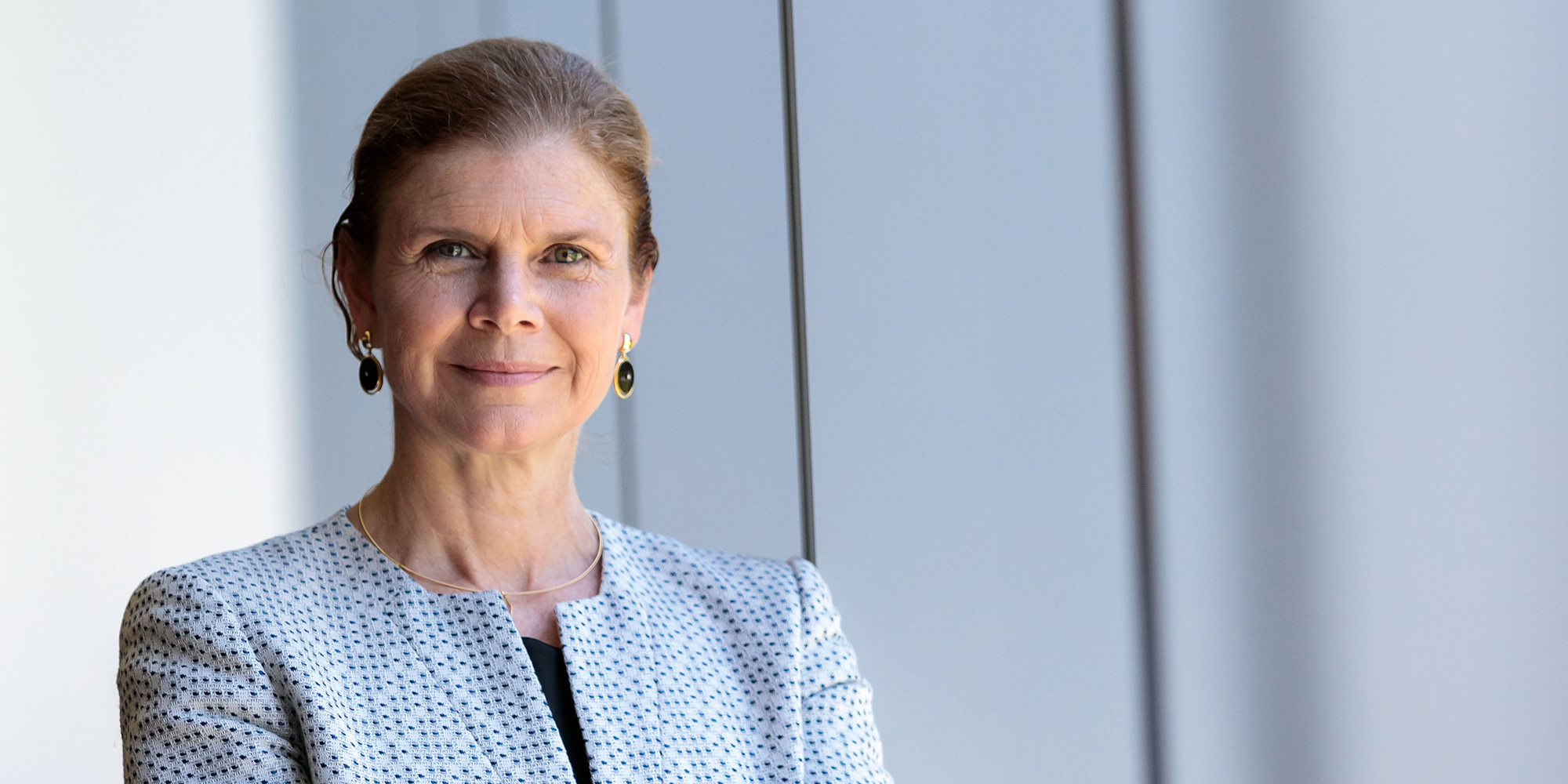
(Photography by John Zich)
A note from the dean of the Physical Sciences Division.
Artificial intelligence is increasingly valuable in data-dependent research. AI can be used to simulate, and thereby defend against, malicious hacking (see “Data Mind”). It can help scan images of an expanding universe, searching for hints about dark matter and dark energy (see “Distortion”). Neural network-aided research extends far beyond the physical sciences, informing and illuminating fields of medicine, economics, and social sciences.
As a result, the Department of Computer Science and its growing focus on data science and machine learning finds itself in an influential position to offer new technology, techniques, and theory applicable to nearly every research field.
I begin my tenure as dean of the Physical Sciences Division during an exciting time for the Department of Computer Science, with the addition of eight new faculty members for the 2018–19 academic year and a new home in the renovated Crerar Library. The library is also housing a computer science partner, the newly launched Center for Data and Applied Computing.
The center will support and encourage ambitious research and provide a collaborative space to apply new computation insights to projects across campus and the full spectrum of science. The work that emerges will exemplify UChicago’s commitment to both fundamental and applied science.
On a June episode of TechCentral.ie’s Tech Radio podcast, Michael Franklin, the Liew Family Chair of Computer Science, emphasized that data science is not dispassionate, and that data should not and cannot be separated from the people who provide, collect, analyze, and technologize that information. “As we’re building data science as a field,” he said, “we need to make sure that the human component is front and center in what we’re doing.”
In the pursuit of artificial intelligence, where we’re attempting to create thinking machines in our own image, that human component is even more crucial, a reminder that the work done in the Physical Sciences Division is part of and informed by the far larger human network.
